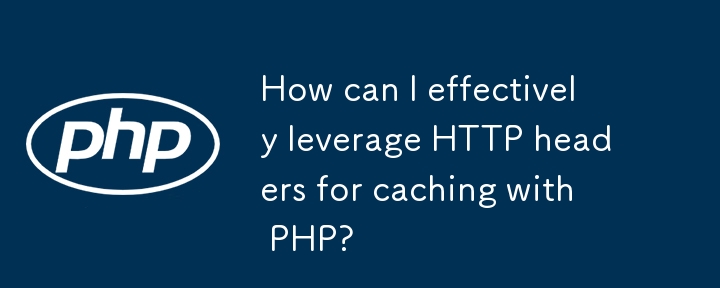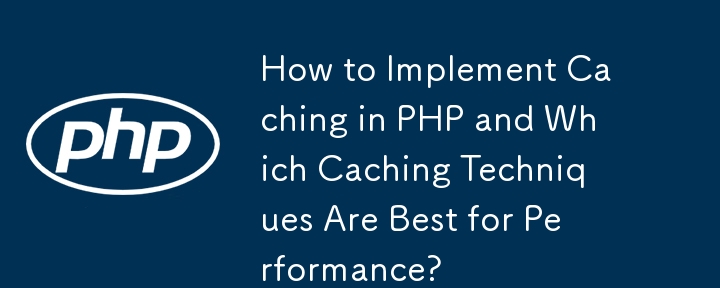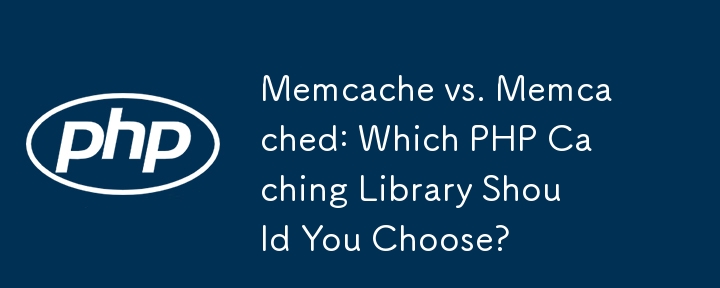Found a total of 10000 related content
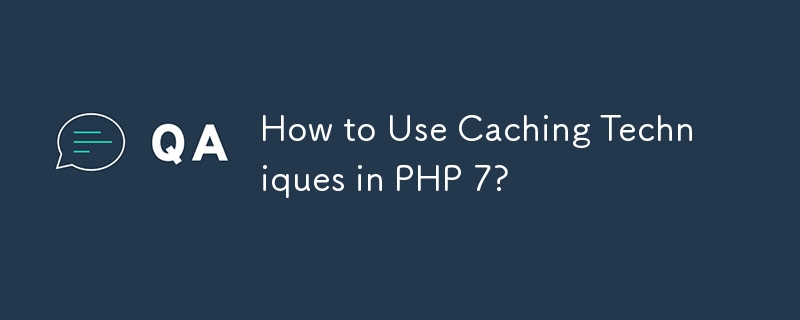
How to Use Caching Techniques in PHP 7?
Article Introduction:This article explores PHP 7 caching techniques to boost application performance. It details opcode caching (OPcache), data caching (memory & file), and page caching, explaining optimal strategies based on data characteristics (access frequency,
2025-03-10
comment 0
427

Explain how to implement caching in PHP.
Article Introduction:The article discusses implementing caching in PHP to improve application performance by reducing costly operations. It covers choosing a caching mechanism, implementing a cache layer, using effective cache keys, and invalidating cache. Best practices
2025-03-21
comment 0
713
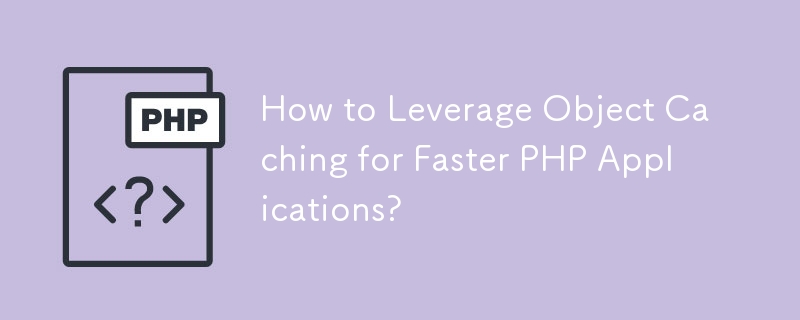
How to Leverage Object Caching for Faster PHP Applications?
Article Introduction:This article explores leveraging object caching in PHP to boost application speed. It details choosing a backend (Redis/Memcached), implementing a caching layer, serialization/deserialization, key generation, and cache invalidation. Best practices
2025-03-10
comment 0
1106
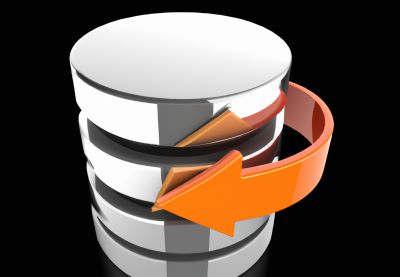
Set Up Caching in PHP With the Symfony Cache Component
Article Introduction:This tutorial introduces the Symfony Cache component, a straightforward method for integrating caching into your PHP applications. Caching significantly enhances application performance by reducing page load times.
The Symfony Cache Component: A Dee
2025-03-02
comment 0
914

PHP Opcode Caching (OPcache):?How it improves performance.
Article Introduction:The article discusses PHP Opcode Caching (OPcache), which enhances PHP application performance by storing precompiled script bytecode in memory, reducing execution time, CPU and memory usage, and improving scalability and response times.
2025-03-28
comment 0
897
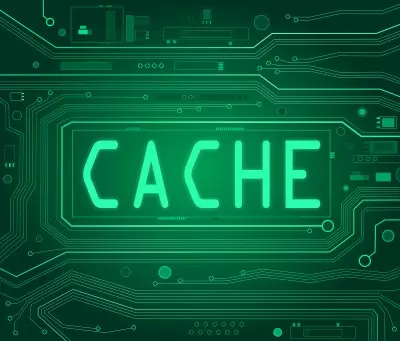
Caching Hat-trick: Varnish, Memcached and PHP libraries
Article Introduction:This article explores advanced caching techniques for PHP applications, focusing on Memcached, Varnish, and supporting PHP libraries. Let's delve into how these tools enhance application speed and efficiency.
Key Concepts:
Memcached: A high-perfor
2025-02-17
comment 0
544
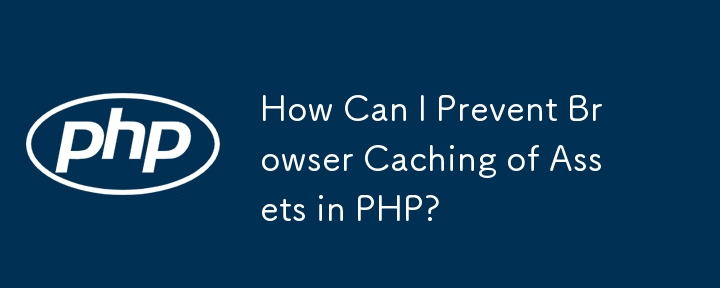
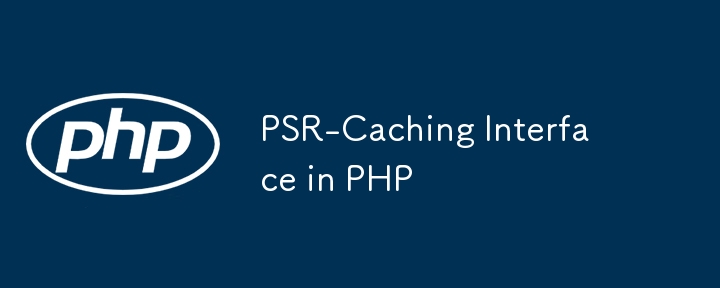
PSR-Caching Interface in PHP
Article Introduction:Hello everyone! Is your application running slowly due to repetitive database queries? Or have trouble switching between different caching libraries? Let’s dive into PSR-6, the standard that makes caching in PHP predictable and interchangeable! This article is part of the PHPPSR standards series. If you are new to this, you may want to start with PSR-1 basics. What problem does PSR-6 solve? (2 minutes) Before PSR-6, each cache library had its own unique way of working. Want to switch from Memcached to Redis? Rewrite your code. Migrating from one framework to another? Learn the new caching API. PSR-6 solves this problem by providing a common interface that all cache libraries can implement. nuclear
2025-01-11
comment 0
1258

How Does Opcode Caching Improve PHP Performance?
Article Introduction:Opcode caching dramatically improves PHP performance by storing pre-compiled scripts (opcodes) in memory, bypassing the computationally expensive parsing and compilation steps. This boosts speed, reduces server load, enhances scalability, and lowers
2025-03-10
comment 0
443
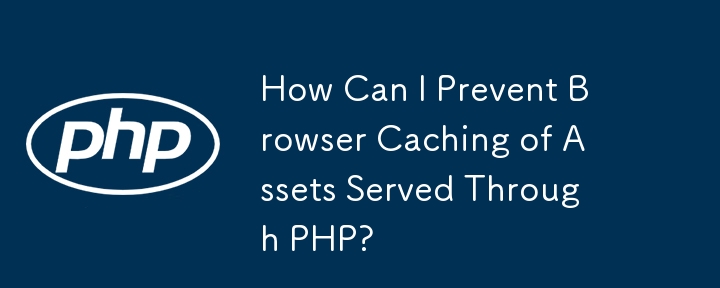


How do I use page caching in PHP?
Article Introduction:PHP page caching improves website performance by reducing server load and speeding up page loading. 1. Basic file cache avoids repeated generation of dynamic content by generating static HTML files and providing services during the validity period; 2. Enable OPcache to compile PHP scripts into bytecode and store them in memory, improving execution efficiency; 3. For dynamic pages with parameters, they should be cached separately according to URL parameters, and avoid cached user-specific content; 4. Lightweight cache libraries such as PHPFastCache can be used to simplify development and support multiple storage drivers. Combining these methods can effectively optimize the caching strategy of PHP projects.
2025-06-24
comment 0
834

How Do I Use Opcode Caching Effectively in PHP 8?
Article Introduction:This article explores effective opcode caching in PHP 8. It details choosing the right cacher (Opcache, Redis, Memcached), configuring Opcache (memory allocation, revalidate_freq), monitoring performance (cache hits/misses), troubleshooting (file
2025-03-10
comment 0
780
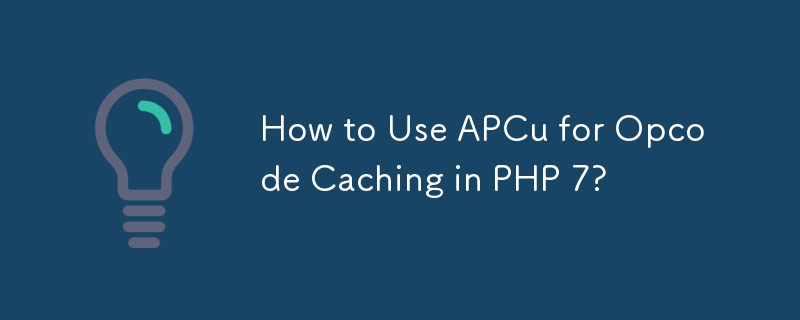
How to Use APCu for Opcode Caching in PHP 7?
Article Introduction:This article explains how to install, configure, and troubleshoot APCu opcode caching in PHP 7. It details configuration options (e.g., apc.shm_size, apc.ttl), verifies installation via phpinfo(), and addresses common issues like insufficient shared
2025-03-10
comment 0
826

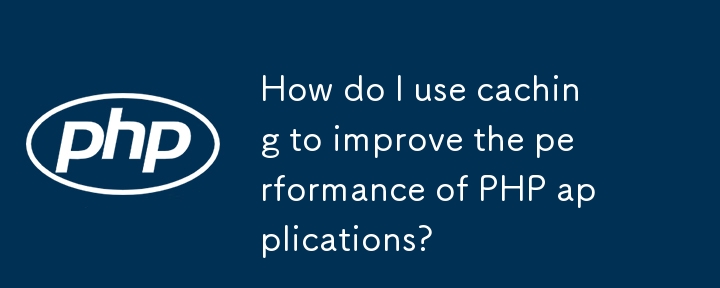
How do I use caching to improve the performance of PHP applications?
Article Introduction:Using caching is one of the most effective ways to improve the performance of PHP applications, which reduces server load and speeds up response time by avoiding duplicate and expensive operations. 1. Enable OPcache for opcode cache, store precompiled script bytecode in memory, set opcache.enable to On, and enable CLI cache and adjust memory consumption as needed; 2. Cache database query results, use tools such as APCu, Memcached or Redis to temporarily store infrequently, and set appropriate TTL according to the data update frequency; 3. Implement page or fragment cache, store static HTML content and quickly return based on unique keys to reduce duplicate processing; 4. Use HTTP cache headers such as Cache
2025-06-20
comment 0
403
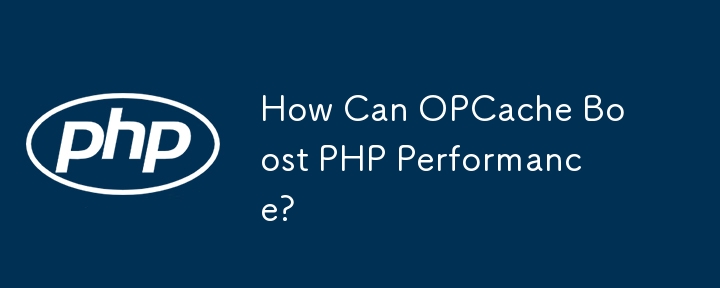
How Can OPCache Boost PHP Performance?
Article Introduction:Understanding OPCache: A Guide to Using PHP 5.5's Code Caching ModulePHP 5.5 introduced OPCache, a groundbreaking code caching module, promising...
2024-11-13
comment 0
669

